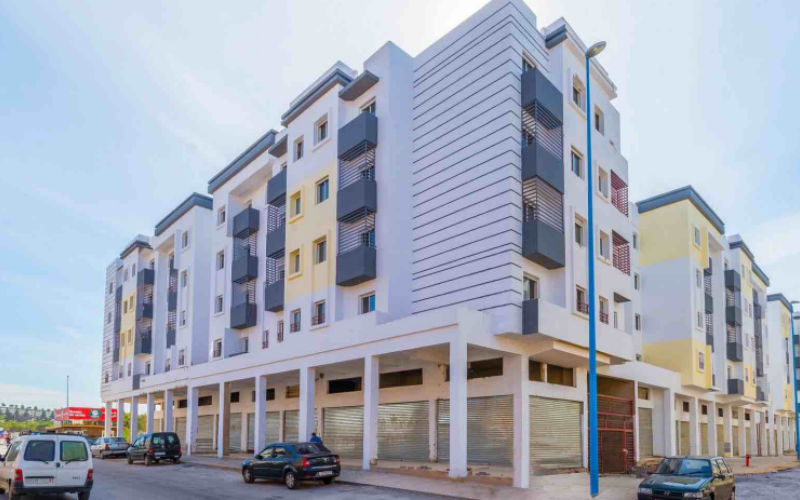Morocco’s 2030 World Cup Real Estate Boom: Sustainable Development or White Elephants?

Adil El Maaroufi, a professor-researcher at the Multidisciplinary Faculty of Errachidia, sounds the alarm: the future of real estate investments related to the 2030 World Cup is linked to their ability to be transformed into components serving sustainable development.
Real estate "is not simply an economic sector accompanying the organization of major events; it rather represents a true strategic lever" for the success of the World Cup organization, "through its central role in the provision of infrastructure, the development of urban spaces, and the improvement of the housing and services offer," concludes a scientific study entitled "Real estate as a strategic lever for the success of the organization of the 2030 World Cup in Morocco... Challenges of mobilization and sustainability prospects."
According to the explanations of Adil El Maaroufi, professor-researcher at the Multidisciplinary Faculty of Errachidia, author of this study, the future of real estate investments related to the World Cup "remains linked to a post-event vision, that is to say, the ability to transform urban developments into permanent components serving sustainable development and contributing to improving the quality of life of the inhabitants, far from the logic of temporary effervescence and speculation."
As risks following the 2030 World Cup, the researcher cites: "unused facilities." "It is incumbent on Morocco, after the World Cup event, to seek to ensure the sustainability of the facilities that have been built" to host the tournament, "through an inventory of these facilities, particularly those that are unused, to reuse them in an economic, social, cultural or other framework," he added, stressing that "major global events require the existence of a sufficient real estate stock to meet the needs through the establishment of structures and equipment related to the sports field."
Consequently, "real estate must be found in a rational way and their depletion avoided through administrative procedures, in particular expropriation for public utility purposes, carried out in an unreflective manner, rendering these real estate properties unused for what had been planned as part of the realization of major projects" related to the event, proposes the researcher. He also warned, in this study, against "the loss of real estate value after the event." According to him, "the greatest risk threatening major global events is the multiplicity of investment projects that are temporary, which means that real estate loses its value after the end of the event."
El Maaroufi proposed mechanisms to ensure the sustainability of real estate projects related to the 2030 World Cup. Thus, he calls for a post-event urban planning approach to be followed, "similar to post-disaster planning to manage the phase following the end of the tournament." Other recommendations: integration of civil society and the private sector in the management of the facilities set up for the 2030 World Cup, strengthening of control and transparency in the mobilization of real estate through a set of legal and administrative measures.
Related Articles
-

Morocco’s Billion-Dirham Souk Revolution: Modernizing Tradition for Rural Prosperity
1 October 2025
-

EU-Morocco Trade Deal Expands to Sahara, Sparks Economic Shift
30 September 2025
-

Fuel Station Owners Ignite National Strike Over Black Market Crisis
30 September 2025
-

Morocco Cracks Down on Dormant Firms: Tax Evasion Crackdown Targets Inactive Businesses
30 September 2025
-

Electric Car Race Heats Up: Morocco and Turkey Vie for Europe’s EV Gateway
30 September 2025